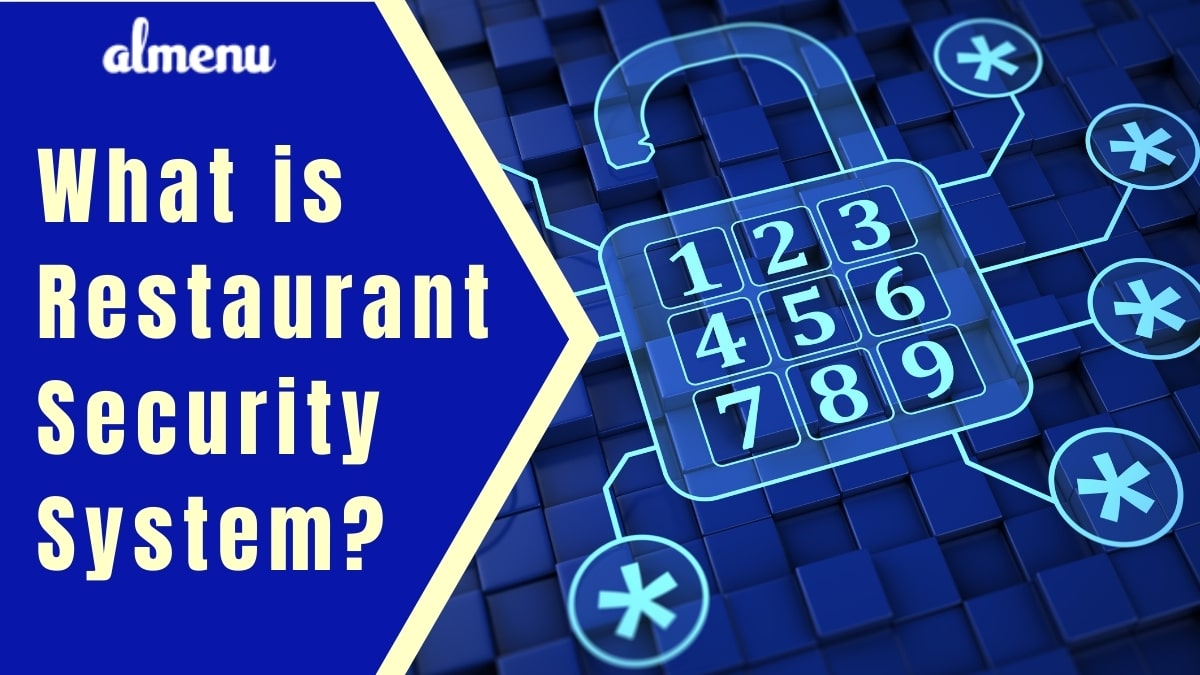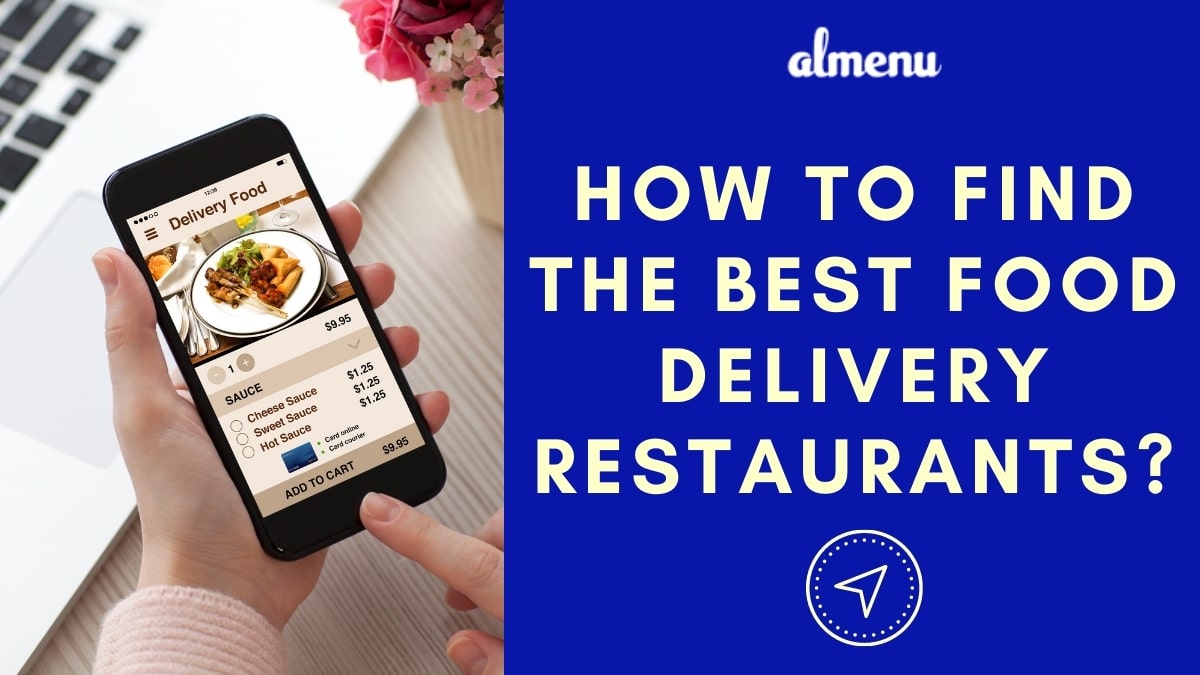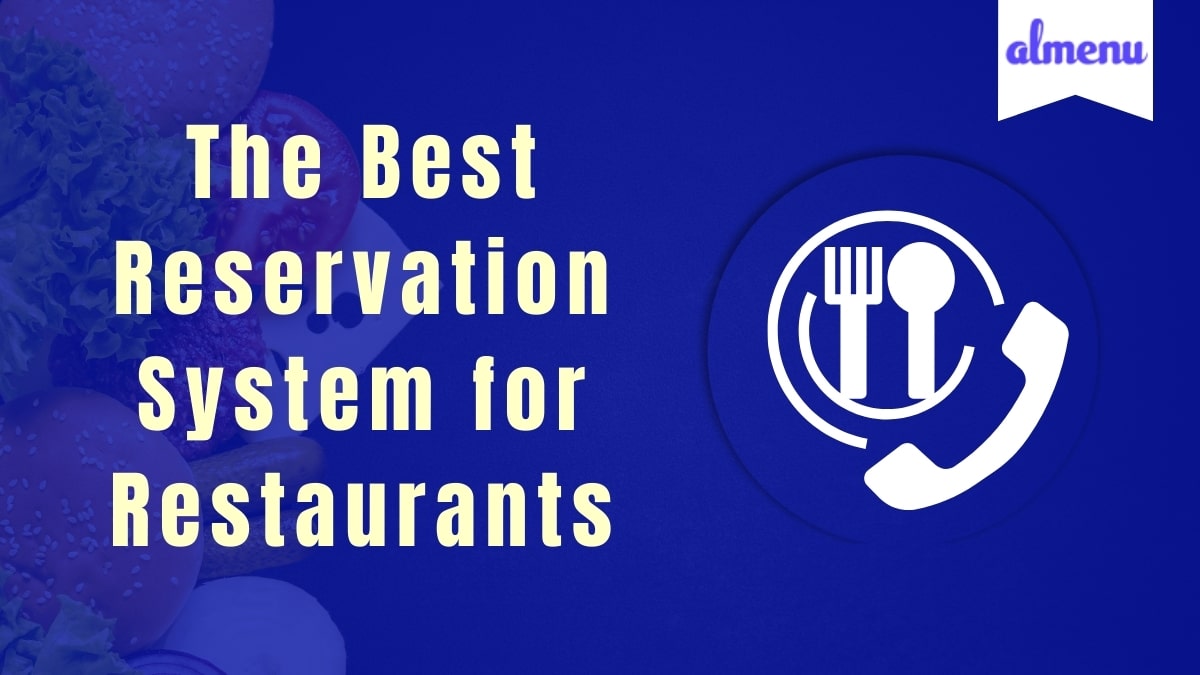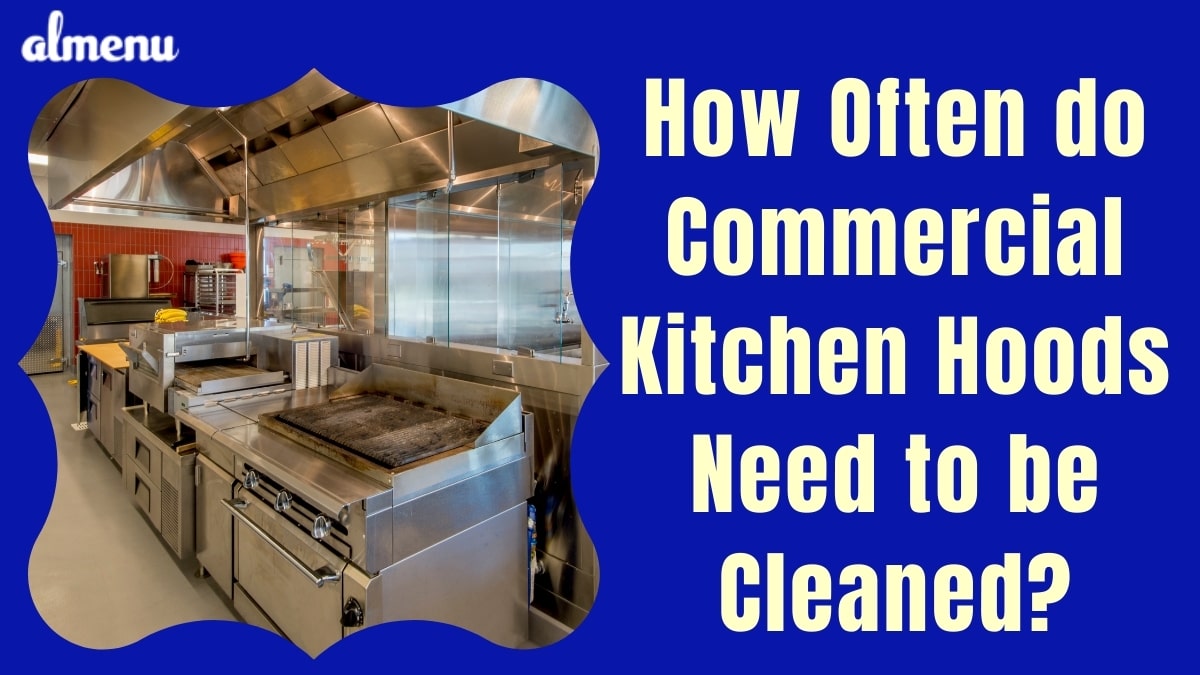In terms of safety, each restaurant has its own needs; the layout, staff size, compliance regulations, and location of the neighborhood deli are different from those of national fast-food chains with multiple locations. The restaurant must not only focus on cooking and serving food but also take into account the safety of employees, the health of guests, and the safety of the building. Restaurant Security System understands that every restaurant is unique and, therefore, not always one.
In terms of safety, a solution of the right size for everyone. We will work with you to design, build and maintain the most advanced security system to meet the individual needs of your restaurant so that you can focus on business success and safety (not to mention delicious!).
Why You Need Restaurant Security System?
If you are a restaurant owner, the safety of your restaurant should be your real concern. After busy daily life, people go to the restaurant to spend quality time with family and friends. All they want is food and peace! For obvious reasons, the security guards of the restaurant have become a status symbol.
The rising crime rate in the region is a worrying sign and may hurt sales. A well-equipped security guard is everything you need to win the trust of your customers. Here are five reasons why your restaurant should have Restaurant Security System.
The Sense of Security for Customers
It makes customers, employees, and even you (the owner) happy. Research shows that customers are more satisfied with restaurants that are confirmed to be safe. If employees are provided with adequate security, they will increase work efficiency.
It gives customers a sense of security and a feeling that you care about their precious lives and property. Demonstrate the restaurant standard and ensure your peace of mind.
Restaurant Security Guards Prevent Crime
Security guards stop crimes and attacks by showing rigor. Uniform protection is the biggest obstacle for criminals. Security personnel is trained to monitor every possible dangerous activity and take specific measures to minimize it.
The Restaurant Security System is not just an individual, but a message to everyone that safety is the primary task required at the scene. Security guards can prevent crimes, not just simple cameras for surveillance. The restaurant must have security personnel to maintain the peace and fully control every situation.
Under Strict Surveillance:
The security guards of the restaurant patrol to make sure everything is under control. The guards ensured that no strangers were allowed to enter the premises. Security guards can protect your restaurant’s reputation and your business.
Services
The security guard is the first to interact with the customer, so having a person in charge of this position is essential. If the customer asks for help, the security will usually act as a guide. They ensure that customers enjoy their visit safely and help them find their way astray.
The only way to be customer-oriented is to ensure that everything around you is easily accessible. Customers often ask the guards for help to park their car or help them find a parking space. This is why security should be your first choice in managing restaurants with peace of mind.
Good for You
Knowing what type of security your restaurant needs depends on the business and circumstances. Restaurant security is a must to win reputation and drive sales in your environment. Good restaurant security is a worthwhile investment.
Cybersecurity in Restaurants
Today’s restaurants—even individual locations that don’t store large amounts of data from major hotel brands like Marriott—need to take steps to protect themselves from hackers. The restaurant may still have customer information, such as credit card and email addresses, or employee information, such as employee social security numbers and other details.
Protecting your company is important, not an afterthought, because, in addition to reputational damage (the law requires the company to notify customers who may be affected by a data breach), the company may also face penalties for failing to protect credit card information.
Tips for Restaurants to Reduce their Risk of a Cyber Attack
Upserve talked with cybersecurity experts on how restaurant owners can reduce the risk of cyberattacks.
Pay Attention to Devices Connected to Your Wireless Network
First, make sure you use the latest operating system because the old system may have security vulnerabilities when it is not updated.
Many devices still run Windows XP,” Tcherchian said. Then use PINs or passwords to restrict access to these devices and train employees to use these devices only for business. “A lot of times you will see employees browsing the Internet on POS devices,
Caution Employees About Phishing Emails
The brewery ransomware attack mentioned above was the result of someone downloading an email attachment. Keith Jarvis, a senior security researcher at the global cybersecurity company Secureworks, said: “The first thing some criminal organizations will try to do is send you a phishing email to infect your computers.
The weakest link in most organizations is people,” he added. Employees should be vigilant and avoid clicking on suspicious emails or attachments. The device must have virus protection and malware detection software. Jarvis also recommends setting up two-factor authentication for supplier payments, etc., making it more difficult for criminals to authorize fraudulent payments.
Scrutinize Your Third-Party Vendors
Most restaurants work with one third-party provider, such as employee payroll services, online ordering applications, or loyalty programs. Paige Boshell, the managing member of Privacy Counsel LLC, said: “For any type of third-party provider, they will be able to access consumer payment information, ensure that they comply with PCI standards and that their security measures are the same as what you have.
Privacy And cyber security legal service providers. The Payment Card Industry Data Security Standard (PCI DSS) is a set of security standards that requires all businesses (regardless of size) that receive, process, store, or transmit credit card information to operate in a secure environment.
Suppliers who have access to employee information, such as payroll suppliers, learn how to store and protect this information. By managing third-party access permissions, these providers can spend more time supporting customers, and you can spend less time worrying about security issues.
Also, make sure that employees can only access the information they need. HR personnel needs to access employee information and payroll, but waiters or waiters may not need them. (Upserve complies with PCI standards).
Store Passwords Securely
Never store passwords in Word or paper documents near the computer. In contrast, Anton Kioroglo, chief security officer of IT security and management company Security First IT, LLC, recommends online password managers such as Dashlane or LastPass.
The password manager will provide a record of who has access to the password information,” he said. “This can…help whoever gets in there last before something goes wrong.”
Background Check Employees
The United States switched to EMV (credit card chip) technology a few years ago, while most other countries use more secure chips and PIN technology. Another difference: Restaurants use portable terminals at the customer’s table to process credit card transactions in most other countries.
In the United States, most restaurant servers accept customers’ credit cards and process transactions behind the scenes. This is a potential security hole because malicious employees may use a camera phone to take photos of the credit card for fraudulent use when the credit card is out of sight. “In theory, conducting background checks and the like will help prevent this from happening,” Kioroglo said.
Give Each Server a Unique Identifier
Your POS system must be configured to log in with a unique identifier for each server. This way, if customers complain about the fraudulent use of credit cards after visiting your restaurant, you can track patterns and identify potential malicious actors. “If employees appear on the offending card more frequently, you can quickly see the data rollback.
Use a Firewall to Separate Devices
A properly configured firewall can (among other things) prevent malware-infected devices from infecting other devices on the network. “Your kiosks never need to print to your main office printer, so they should not be on the same network.
The background computer does not need to communicate with the credit card chip reader. The fork of the network helps a lot.” Compliance with PCI and other aspects of cyber security can be tricky, so unless you are a large restaurant brand with dedicated cyber security staff or department, you may need to hire an outside company to help you go beyond the basics.–
20 Best Effective Security Tips for Restaurant Security System
1. Be Alert
This is one of the most important tips to take seriously. You must pay attention to people entering and leaving restaurants and bars. Be sure to write down who is hanging out outside, how they behave, and what they have. You should also keep your team vigilant to capture everything that happens if someone has a suspicious plan.
2. Do Not Keep Too Much Cash Around
Another safety tip that must be followed is to ensure that cash is deposited in the bank frequently. This means that you should always leave only a little cash in the drawer.
3. Install a Surveillance Plan
Installing surveillance programs, such as closed-circuit television, can make it easier to find the culprit. On the other hand, when someone planning to rob your restaurant sees cameras around, they may be discouraged.
4. Install Bullet proof Windows
Installing bulletproof glass and windows that automatically close between transactions is a good way to prevent thieves.
5. Open and Close Together
Some security experts have said that it is essential for your employees to avoid opening for only one day because the numbers are safe.
6. Run Audits Frequently
One way to prevent insider theft is to ensure frequent audits. In this way, if there are any loopholes, loopholes will be identified.
7. Plant Security Camera in the Kitchen
If you are worried about how to prevent certain internal thefts, such as preventing food, beverages, beverages from being lost, and eating things belonging to customers unnecessarily, then you can consider placing surveillance cameras in the kitchen.
8. Install 360 Degrees Cameras
If you don’t want to miss anything that happens in restaurants and bars, you can consider installing a camera that can clearly capture everything in the workplace.
9. Hire Unsuspecting Workers
If you want to hire some team members, you need to make sure that you have a proper interview before hiring someone. As a referrer, you should keep some important information in mind to ask your interviewee, your home address, and your own.
10. Let Guards man The Door
You can also consider hiring a bodyguard, who is also responsible for opening and closing the door. In this way, no safety stones will be missed.
11. Always Crosscheck
Liquor warehouses, as well as storage warehouses, should be inspected regularly. This way, you can monitor all items coming out of the warehouse at any time and rule out theft.
12. Supervise the Location Well
The manager must remain vigilant and play an active role in the operating procedures in the restaurant. This helps to a large extent in combating theft. It can also help checkmate employees.
13. Ensure the Place Is Well Lit
Make sure there is sufficient light inside and outside the bar. Thieves are rampant in low-light areas, and your employees may feel unsafe. You can also consider some energy-saving light bulbs.
14. Reward Employees Accordingly
When you promise to reward your employer from time to time, you reduce the likelihood of them robbing you. Another significant step to prevent your team from stealing is profit sharing.
15. Limit Who Goes To the Cash Drawer
It is essential to limit the number of people going to the cashier. This way, you can tell who and who might have been there. You can also consider assigning only one or two people the right to go to the drawer.
16. Do Not Expose Pin
Make sure that the customers you want to use the POS machine do in the private area of the bar. This is to prevent them from exposing your pins, which may lead to theft.
17. Ask That Clients Receive Business Calls Privately
This is especially useful when people around you seem suspicious. These customers should answer the phone privately. You may consider using the lounge because it is a secluded area where you can answer the phone.
18. Report Suspicious Moves
If you and your team suspect any suspicious actions, please report to the police as soon as possible. This is because delays can be dangerous.
19. After Closing Make Sure Every One Leaves
You and your team need to stay behind to ensure everyone leaves the restaurant and bar after the business closes.
20. Do Not Allow Suspicious Gatherings
You can consider rejecting customers’ suggestions to use your restaurant and bar for meetings or doubt others. These tips should be taken seriously. One of the mistakes you don’t want to make is not taking proper precautions in terms of business security.
What’s the Cost of a Restaurant Security System?
The total cost of a commercial security system for a small and medium enterprise can be divided into three price factors:
- Security hardware: an average of 1,000 to 2,500 US dollars
- Installation and activation costs: an average of 300 to 500 US dollars
- Alarm monitoring: an average of 40 to 120 US dollars
if you choose, Let a professional security company monitor your business, and the start-up cost will total about $2,000, followed by about $60 per month. But keep in mind that these price ranges are quite wide.
Restaurant Security System Hardware
- Companies may need to pay between US$1,000 and US$10,000 or more for security hardware. The average cost for a small and medium-sized enterprise with facilities is approximately US$3,000. Some of the main hardware components of a commercial security system include:
- Cameras and CCTV systems-CCTV systems can be combined with surveillance cameras, network equipment, and computer monitors. Other hardware. You can easily pay $600 for each camera and hundreds of dollars for monitors and network hardware.
- Access control hardware: Access control hardware can include keyboards, access cards, security door locks, and even facial recognition cameras. Companies should pay between US$800 and US$1,200 for each door they want secure access.
Alarm Monitoring Hardware:
Monitoring hardware includes motion detectors, alarm panels, environmental sensors (fire, smoke, carbon monoxide, water, etc.), cameras, and similar devices. Many of these items sell for between US$300 and US$600 each, and depending on the size of your facility, the price of these items may increase rapidly.
Installation & Activation Fees
The labor costs associated with wiring and installing small business security systems are usually around US$300 to US$700. The average is about US$500. In terms of installation, two factors will play a role. Cost issues:
- Facility scale-the scale of commercial real estate has the greatest impact on cost. A family-owned retailer only needs one or two cameras to solve the problem, but a large company with more than 100 employees handling sensitive customer data may need much more than that.
- Installation discount: If the new company signs a long-term supervision contract, the security supplier sometimes reduces labor and installation costs through pricing or even abandoning it altogether.
Business Monitoring
You can expect security professionals who pay about $40 to $120 per month on average to monitor your business. However, this cost may increase, depending on:
- The equipment being monitored-You may want to subscribe to fire and CO monitoring, as well as anti-theft and alarm monitoring. The number of monitored sensors and cameras will affect your monthly results. An annual fire inspection of all fire equipment in the building should also be considered.
- Monitoring type (fixed telephone and wireless telephone) Cellular)-Enterprises can choose between landline monitoring or cellular monitoring.
- The monthly cost of landline monitoring is lower than that of cellular (GSM) monitoring, but it provides a simple way for thieves to shut down the security system (by hacking into landlines). In some cases, fixed-line telephone monitoring costs as low as $19 per month. The starting price for GSM monitoring is approximately US$29 per month.






